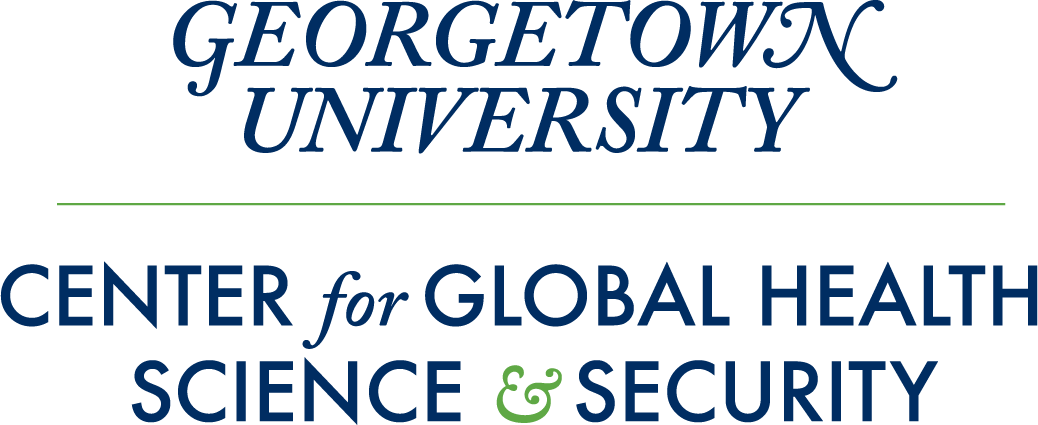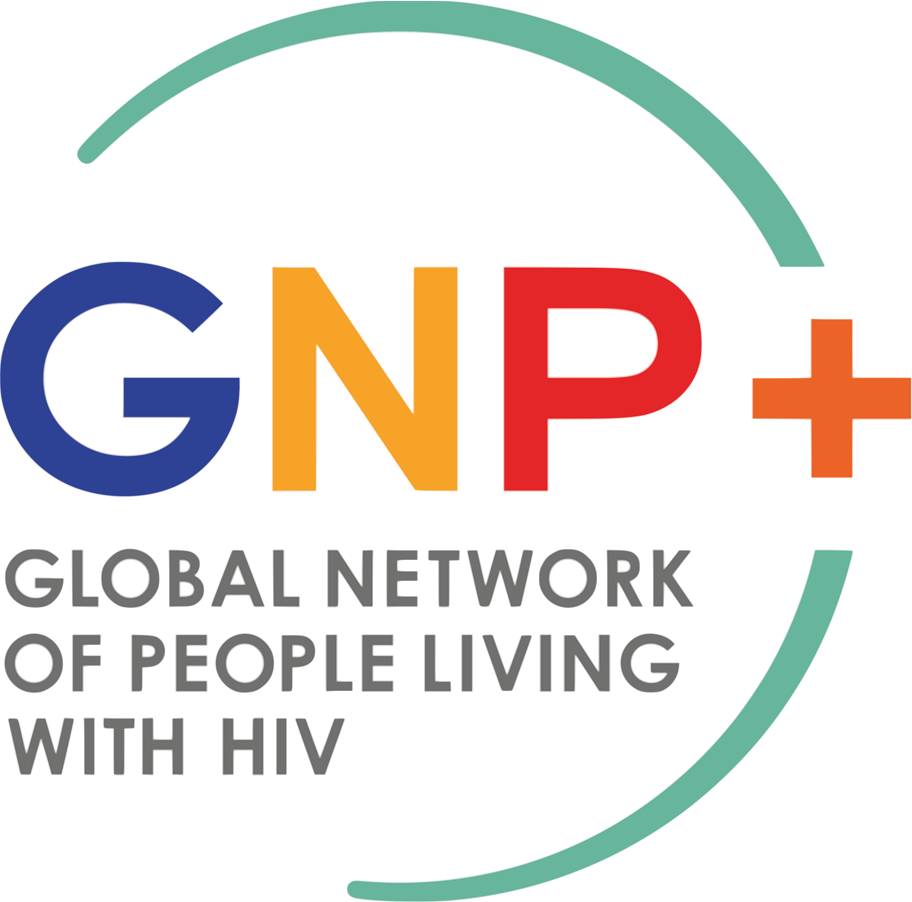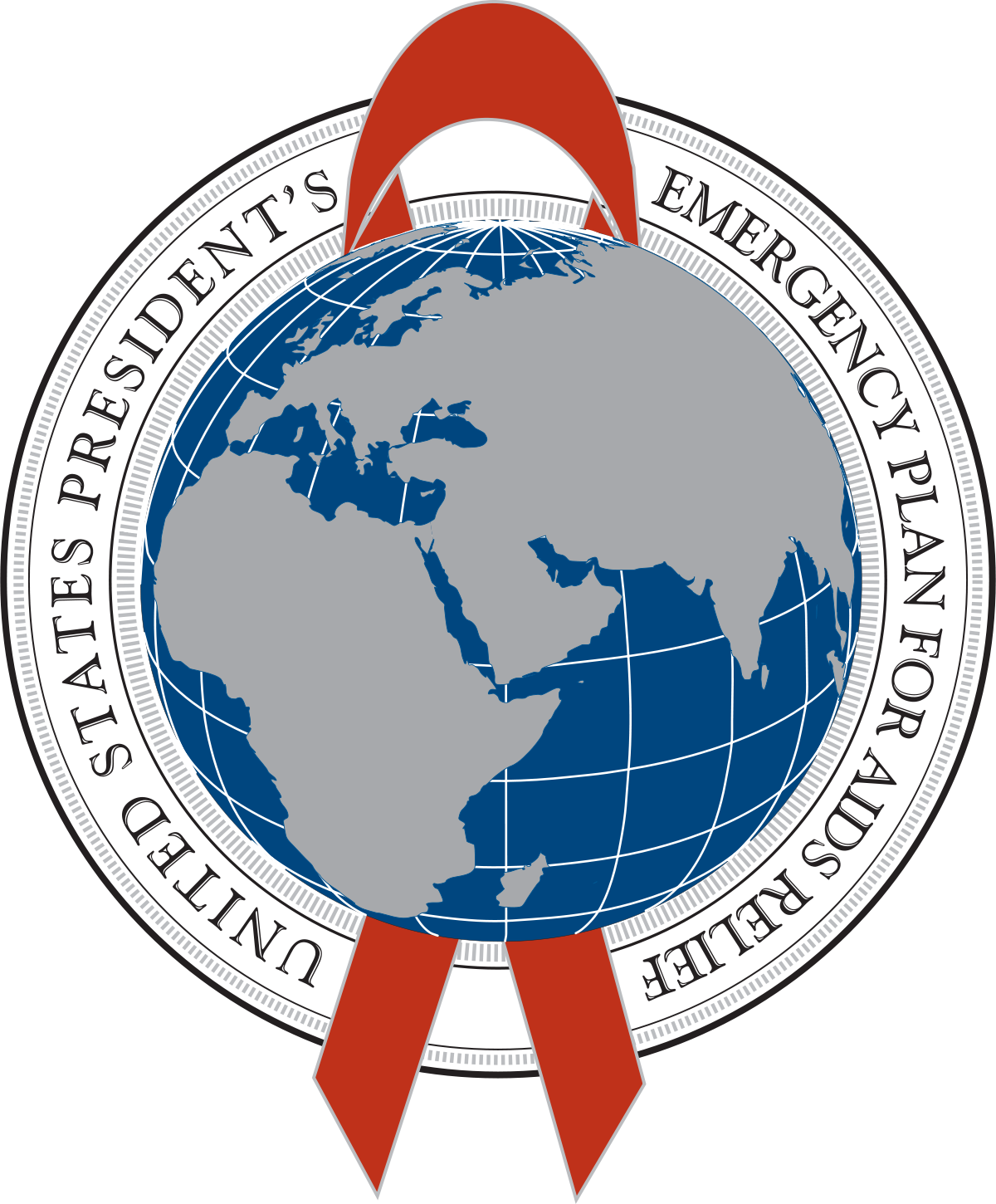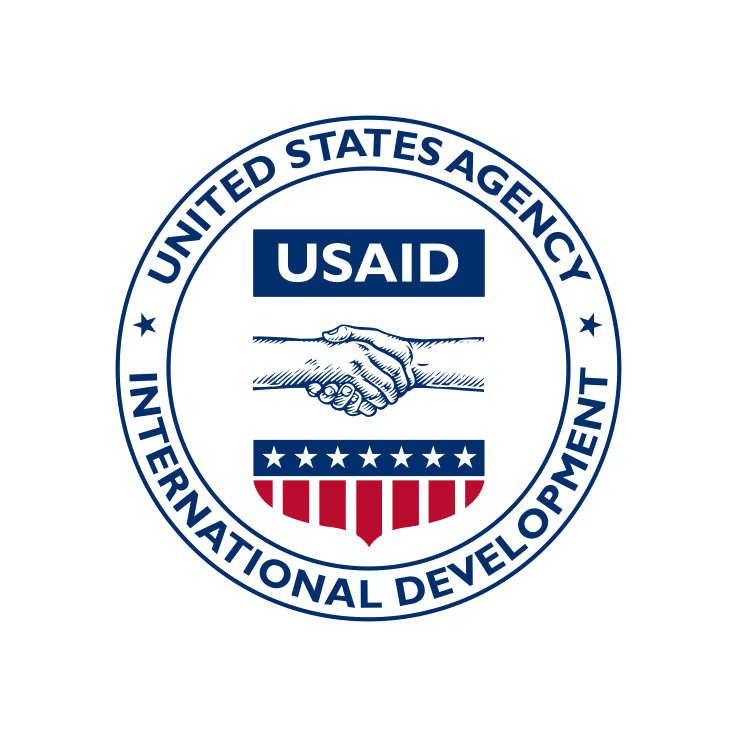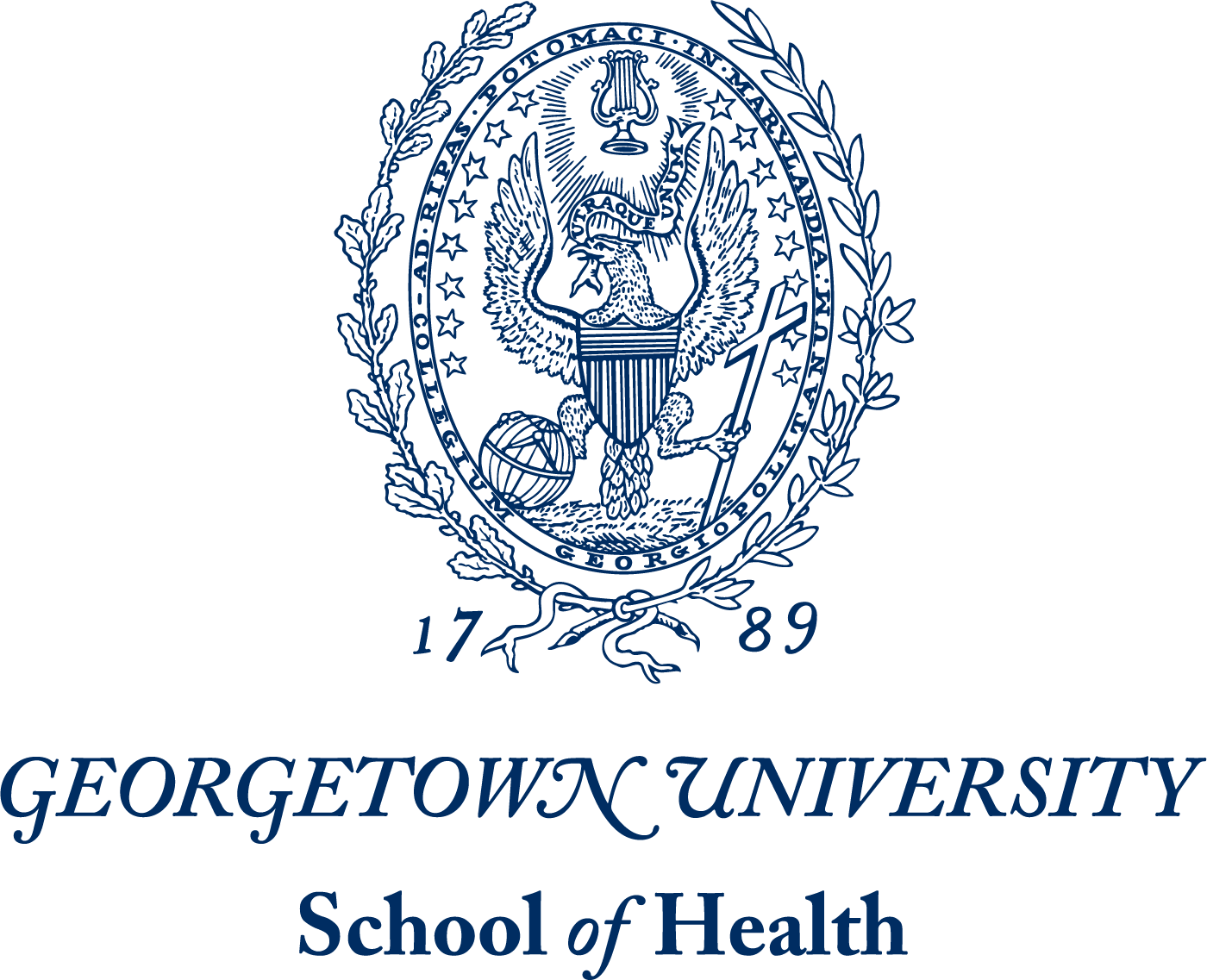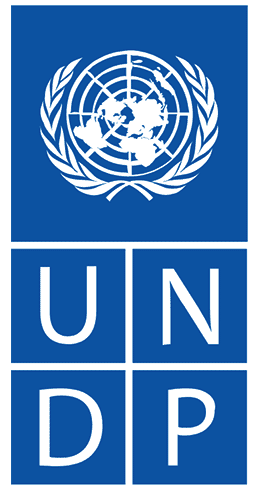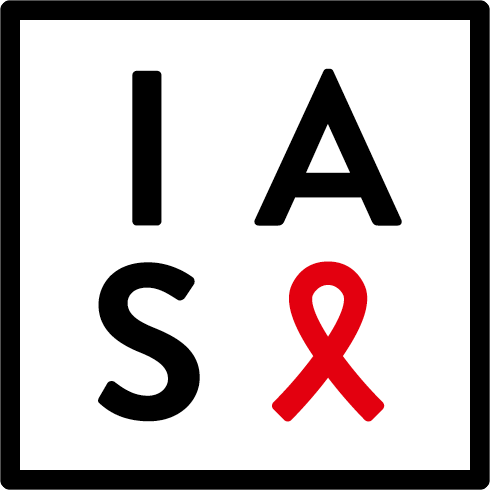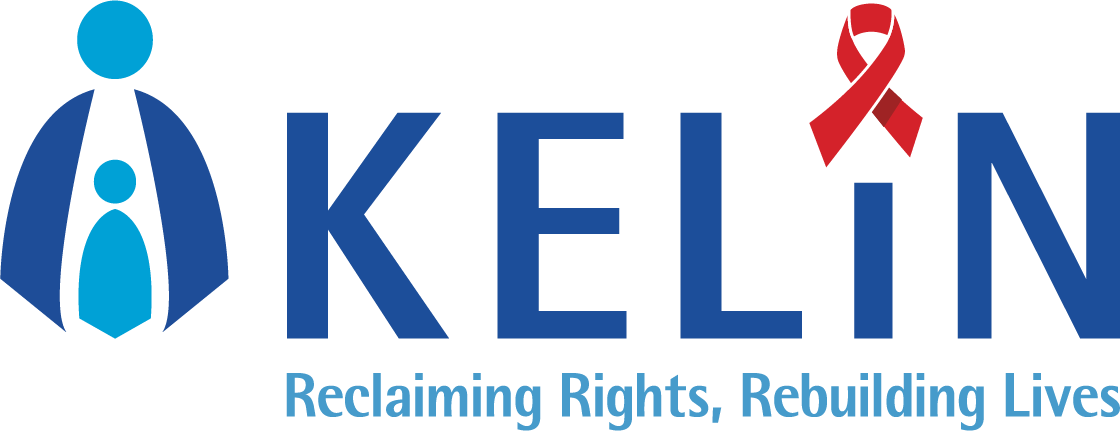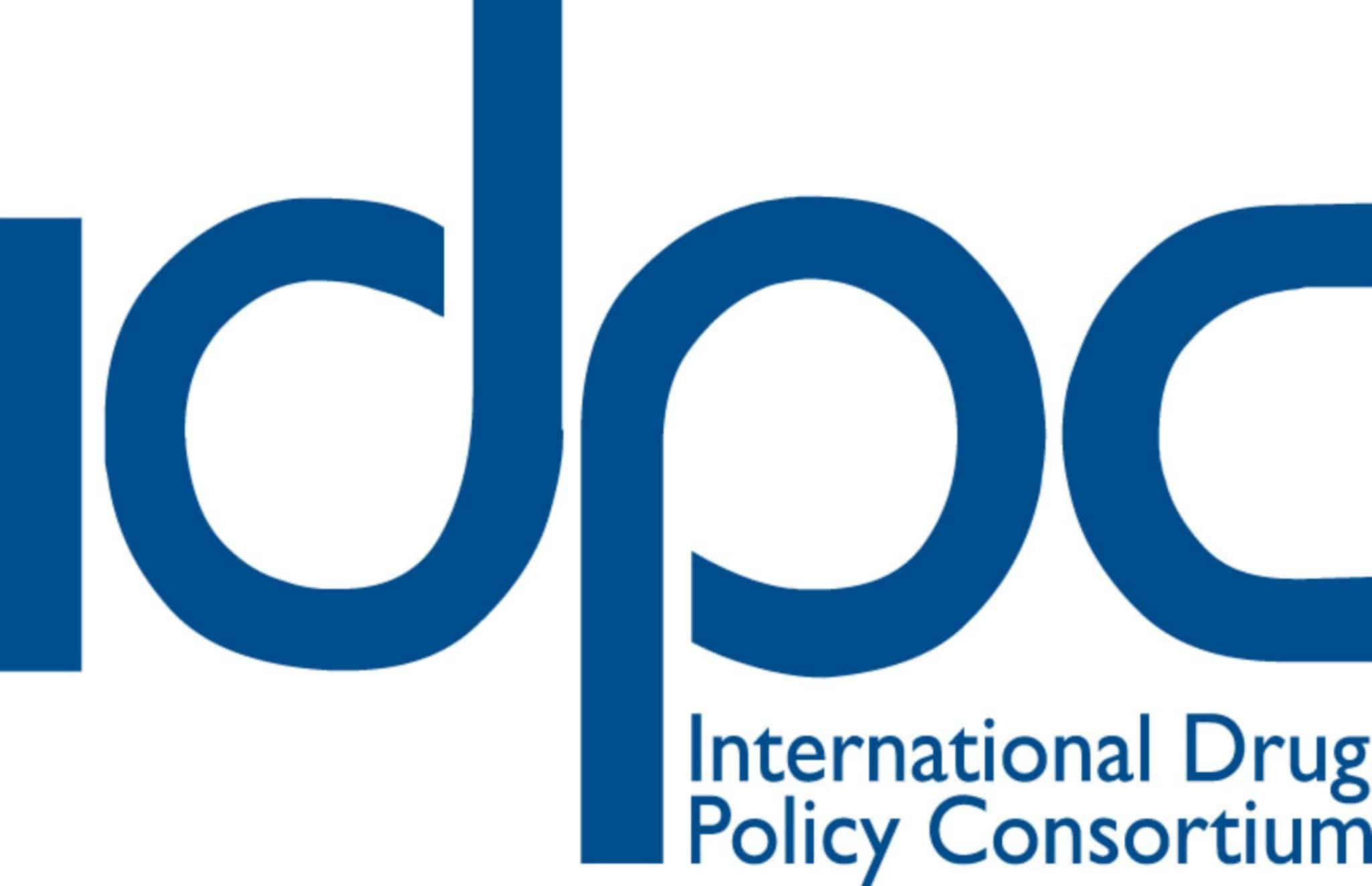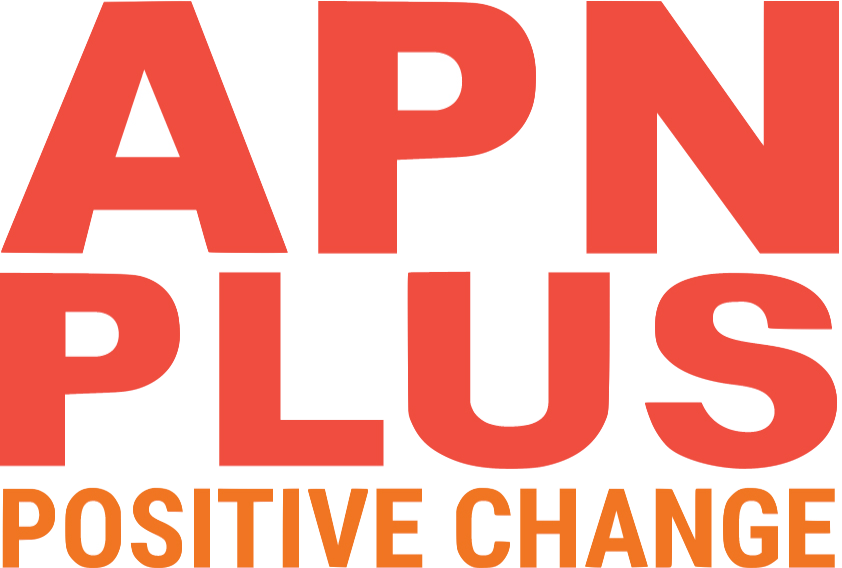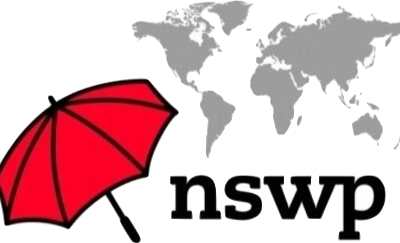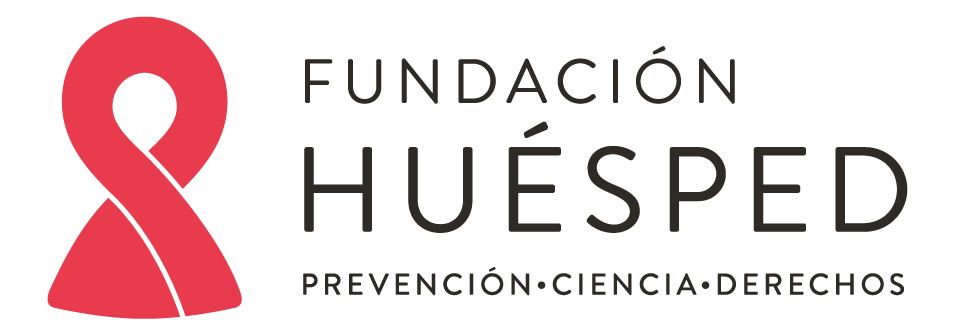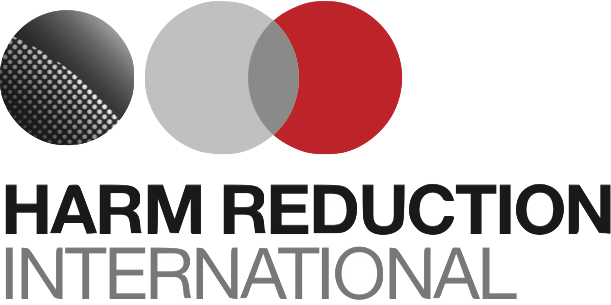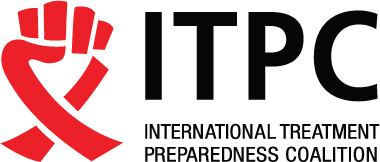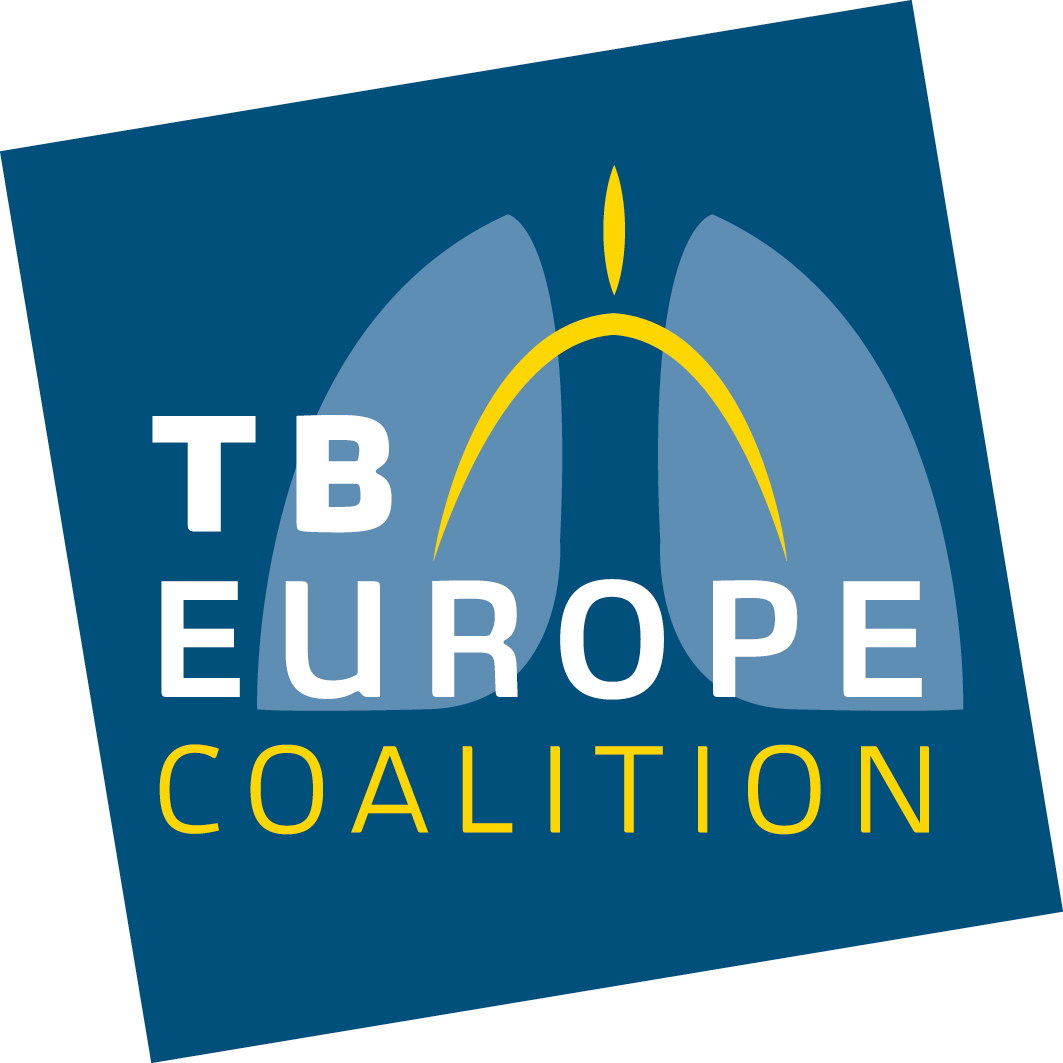Background
The HIV Policy Lab is a unique collaboration between academic, UN, and civil society organizations to track, measure and improve the HIV-related law and policy environment in countries around the world. The science of HIV has never been better. Yet while some countries have realized remarkable progress against HIV, others face growing epidemics. Halting the pandemic requires more than scientific breakthroughs and scaled-up services—it requires laws and policies aligned with that science and designed to help communities realize its benefits. The HIV Policy Lab research and accountability platform systematically identifies and visualizes policies adopted by countries around the world and how those align with international norms. It is an open, living global public resource that draws information from legal documents, government reporting, and independent analyses to create data that can be compared across countries and across issues.
You will find not only summaries and visualizations across 33 different policies, but also a growing reference library of policy documents. Users are invited to help update the database by sharing law and policy information with our team of analysts to help keep the site up to date. The HIV Policy Lab seeks not just to document, but to improve the policy environment by partnering with governments, public health officials, financing agencies, and civil society groups to support learning across countries and science-based policy change. The Policy Lab also provides researchers with cross-national data on policies so we can learn more about the impacts and drivers of policy choices—recognizing that what works in a research setting might be not when taken to scale through policy-making. HIV-related laws and policies can have life and death consequences. We need to measure them, evaluate them, and change them to meet the evolving context on the path towards ending the global AIDS pandemic.
HIV Policy Lab data and images are freely available for use with appropriate acknowledgement described in the methods section.

